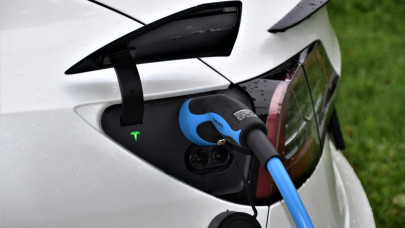This marks a 4% decrease (-€13 billion) from the €330.2 billion recorded in 2021. Despite this decline, the long-term upward trend in environmental tax revenue has resumed following the exceptional years of 2020 and 2021 due to COVID-19.
However, 2022 remains notable due to the fluctuations in the energy markets. The decrease in total environmental tax revenues from 2021 to 2022 was primarily driven by a €15.1 billion drop in energy tax revenues, which totaled €243 billion in 2022. Conversely, pollution and resource taxes increased by 10% (+€1.2 billion), and transport taxes saw a modest rise of 1% (+€809 million).
At the EU level in 2022, corporations generated the majority of environmental tax revenues, accounting for 52% of the total. Most of this corporate contribution came from companies in manufacturing, construction, mining, and utilities (26%) and the services sector (24%). Households contributed 45% of the total environmental tax revenues.
In 17 EU countries, households paid more than 40% of the total environmental tax revenues, ranging from 60% in Denmark to nearly 40% in Malta. Nationally, corporations contributed more than 50% of total tax revenues in most EU countries. Only a few countries saw significant contributions from non-residents, with Luxembourg having the highest share at 46%.













